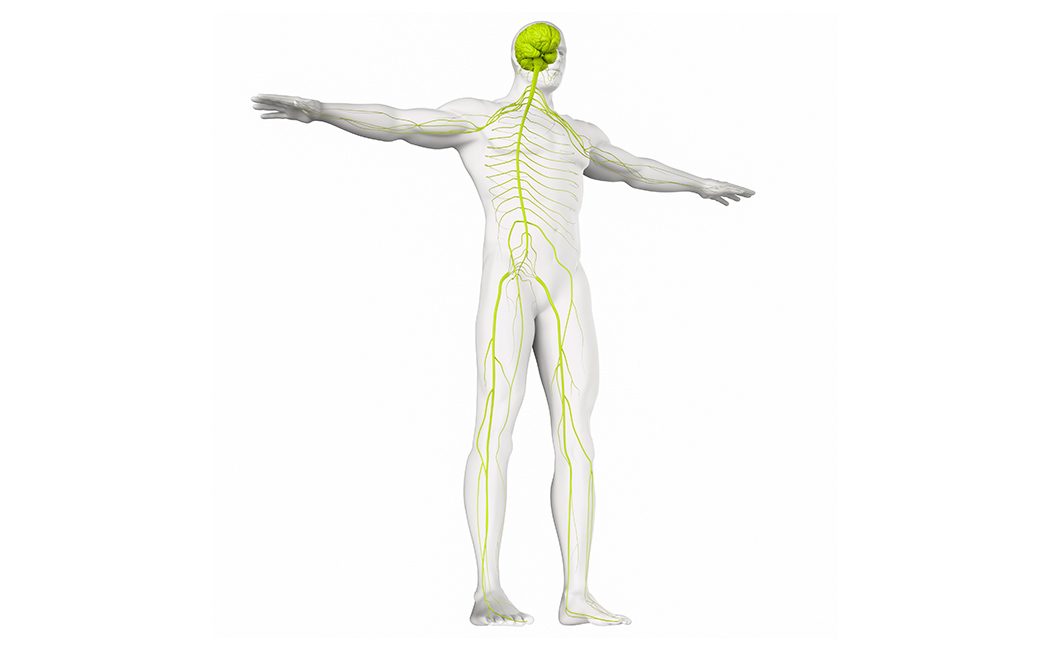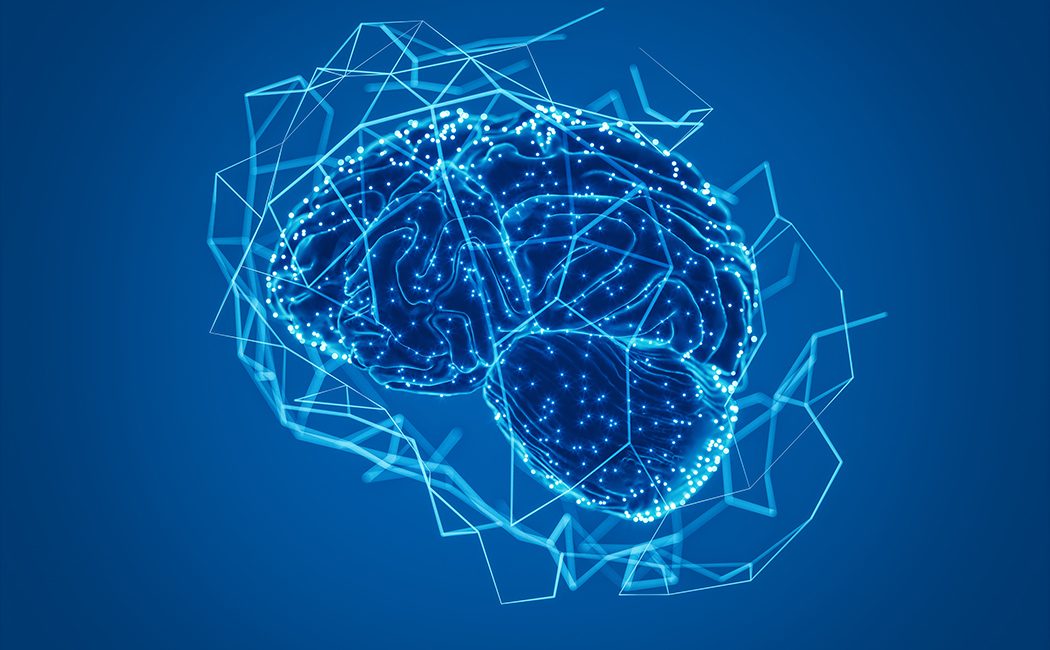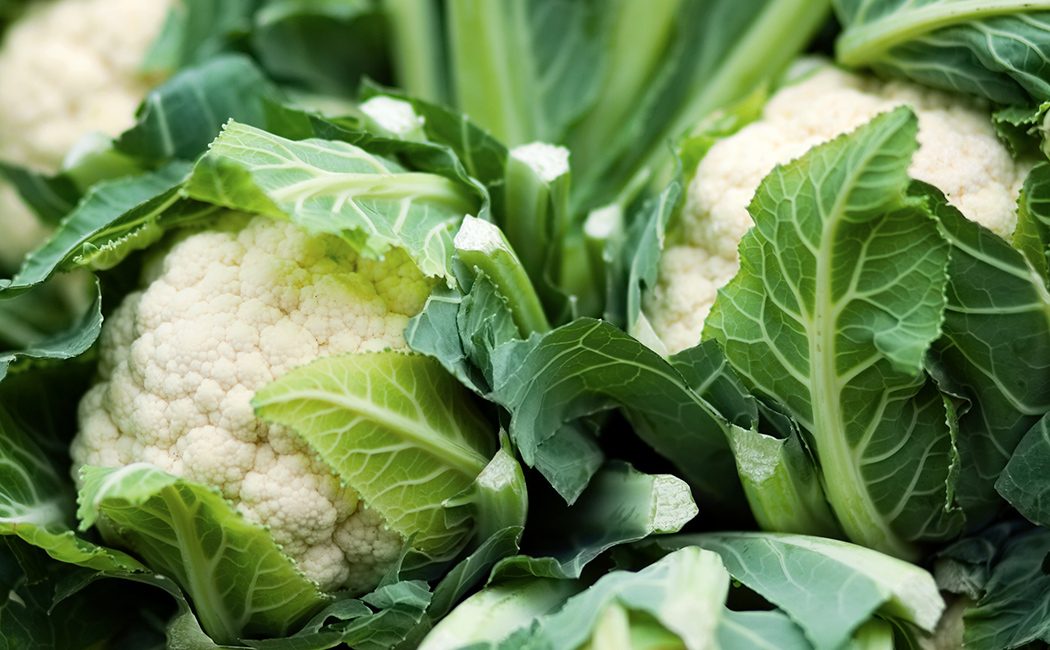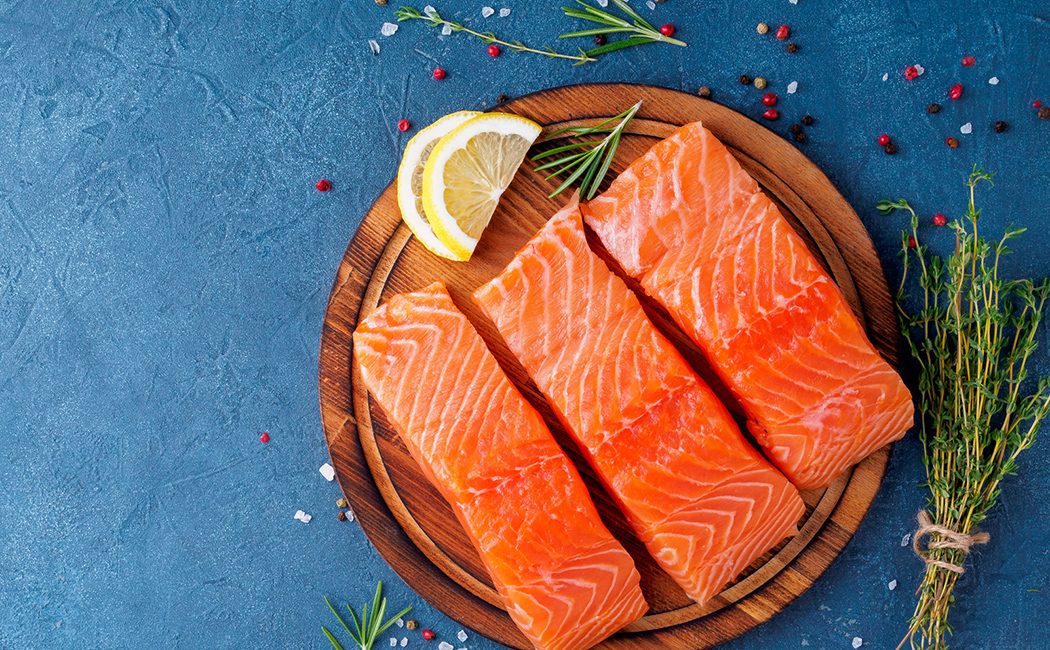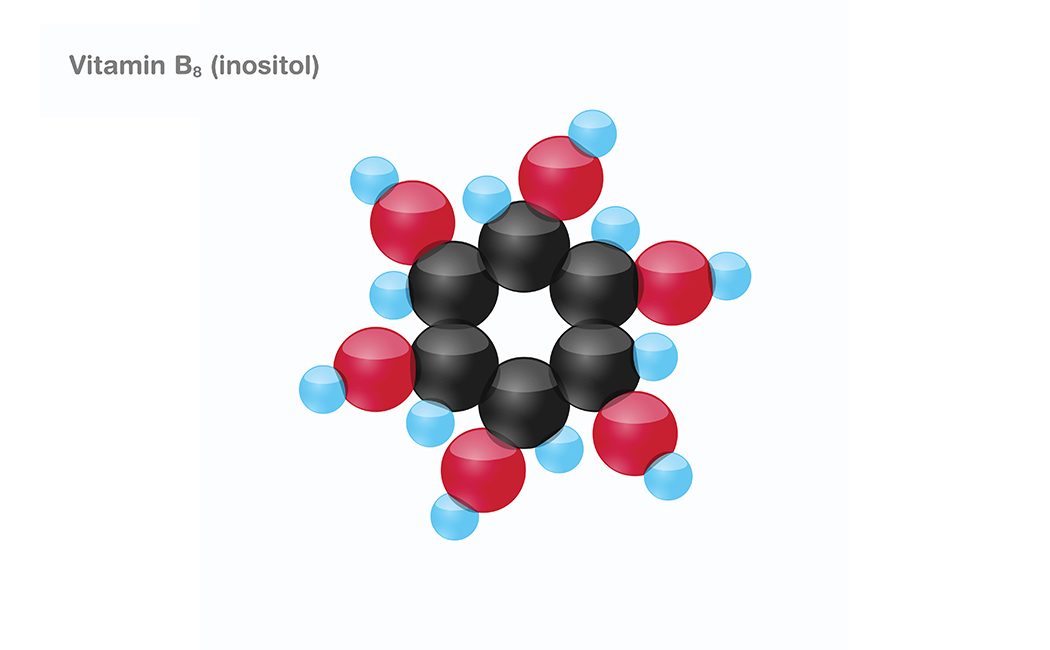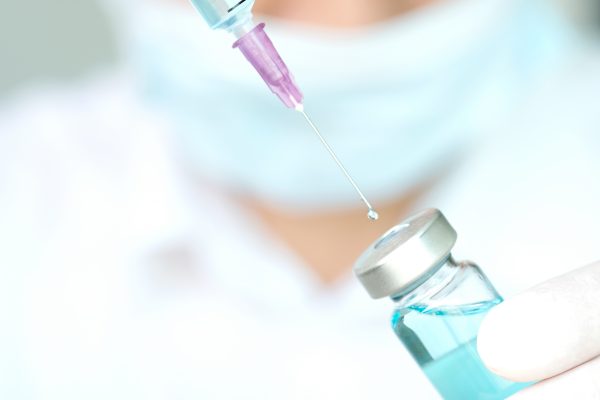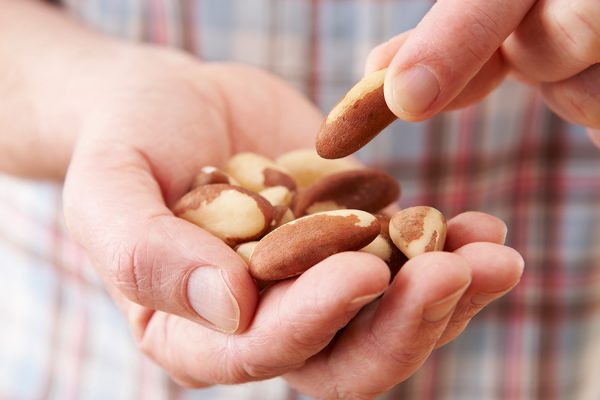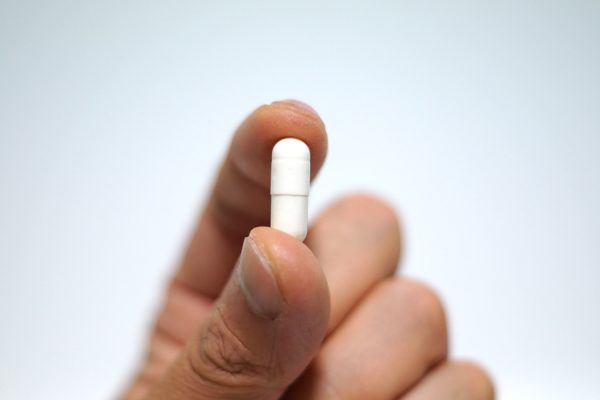What Foods are High In Choline
Here’s an overview of some choline rich foods. Dietary sources generally come in the form of phosphatidylcholine from lecithin;
- Beef Liver: 1 slice or 68g contains 290 mg.
- Chicken Liver : 1 slice or 68g contains 222 mg.
- Beef Mince: 1 serving contains 72 mg.
- Chicken Breast: 1 serving contains 72 mg.
- Eggs: 1 large hard boiled egg contains about 113 mg of choline.
- Fresh Cod: 85g contains around 248 mg.
- Salmon: 110g contains around 62.7 mg.
- Cauliflower: ½ cup 118 ml, contains about 24.2 mg.
- Broccoli: ½ cup 118 ml, contains about 31.3 mg.
- Soybean Oil: 1 tablespoon (15 ml) contains around 47.3 mg.
What is the Best Form of Choline
Lecithin is the most common source of choline. Foods like eggs and soy products are filled with lecithin. Lecithin has been tested on people with ulcerative colitis to improve their digestion. Lecithin has emulsifying qualities and it contributes to the chain reaction that improves mucus in our intestines. This makes the digestive process easier and protects the delicate lining of our digestive systems.
Even if you don’t have ulcerative colitis, other digestive issues like irritable bowel syndrome may benefit from lecithin.
How much should I take
Citicoline (CDP – Choline) is an efficient source of choline and provides the acetylcholine precursor. CDP-Choline has shown that it can slow down or solve cognitive decline in elderly patients with memory loss.
CDP-Choline is neuroprotective and its actions pass along with ease through the blood brain barrier making it an efficient source of choline. As well as improvements to learning, memory CDP-Choline increases noradrenaline and dopamine levels. This makes CDP-Choline a powerful supplement for brain, CHS and heart health.
Alpha Glycerylphosphorylcholine (Alpha GPC), a potent form of choline. It is found in abundance in the brain and dairy products. It has been used successfully in dementia patients and also to enhance memory and learning. Daily Alpha GPC supplementation need not be high.
Choline Bitartrate or choline salts are probably the cheapest source of choline. It is a weaker form than CDP-choline or Alpha GPC but it will still provide effective cognitive enhancement if properly dosed.
How Much Choline Should I Take?
- Lecithin 0 – 7500 mg per day morning or night, recommended starting point 2500 mg
- Citicoline (CDPCholine) 0 – 750 mg per day in the morning, recommended starting point 250 mg
- L-Alpha Glycerylphosphorylcholine (Alpha GPC) 0 – 900 mg per day (morning), recommended starting point 300 mg
- Choline Bitartrate 0 – 3500 mg per day (morning), recommended starting point 650 mg
*Please note these are not Health Bunker recommendations. Please see link
What are the Symptoms of Choline Deficiency?
Some of the signs of choline deficiency are;
- Memory Loss
- Cognitive decline
- Fatty Liver
- Nerve Damage
- Muscle Pain
- Increased Fatigue
- Insomnia
- Disability in learning
- Low concentration
Choline Research and Studies
Framingham Heart Study & Framingham Heart Study Offspring Study
A team of researchers from Boston University and Harvard estimated the choline intake of the offspring study’s participants from their answers to detailed questionnaires about the foods they ate. Then they looked for correlations between choline intake and brain health, as assessed by tests of memory and other cognitive abilities and MRI scans of the brain.
Two findings popped out. First, people whose diets included a lot of choline were more likely to do well on the memory and cognitive ability tests. Second, the MRI scans showed that high choline consumption in the past was associated with healthier brain tissue.
University of Eastern Finland Study
A new study by researchers at the University of Eastern Finland is the first to observe that dietary intake of phosphatidylcholine is associated with a reduced risk of dementia. Phosphatidylcholine was also linked to enhanced cognitive performance. The main dietary sources of phosphatidylcholine were eggs and meat. The findings were published in the American Journal of Clinical Nutrition.
The new study showed the risk of dementia was 28% lower in men with the highest intake of dietary phosphatidylcholine, when compared to men with the lowest intake. Men with the highest intake of dietary phosphatidylcholine also excelled in tests measuring their memory and linguistic abilities.
50 million people suffer from Dementia worldwide, so the findings are significant. That number is expected to grow, Alzheimer’s disease is the most common cause of dementia. There is no cure.
Possible Choline Content Side Effects
Long term higher than required doses of choline can produce low blood pressure, fishy body odor, diarrhea, nausea, vomiting. The adult daily upper limit is 3,500 mg per day.

